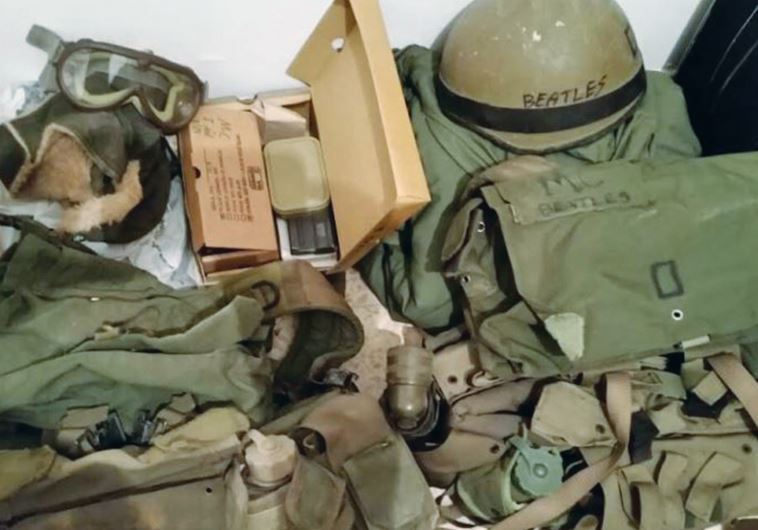IDF ‘checking’ its warehouses after scathing report on emergency preparedness
‘We’re not sure the situation is that terrible, but we have to check’ says army ombudsman.
 SOME OF THE IDF equipment returned by citizens during an amnesty in April.(photo credit: IDF SPOKESMAN'S OFFICE)Updated:
SOME OF THE IDF equipment returned by citizens during an amnesty in April.(photo credit: IDF SPOKESMAN'S OFFICE)Updated: